আমরা একটি সাক্ষাৎকার নিয়েছি হাসান মেহরাজ এর।তিনি একজন বিশিষ্ট কৃষি বিজ্ঞানী, যিনি কৃষি ও উদ্যানতত্ত্বে বিস্তৃত একাডেমিক এবং গবেষণা অভিজ্ঞতা অর্জন করেছেন। তিনি জাপানে দুটি পিএইচডি ডিগ্রি সম্পন্ন করেছেন, যেখানে তার গবেষণা কার্যক্রম মনবুকাগাকুশো/MEXT, রোটারি ইয়োনেয়ামা এবং JST-এর SPRING উদ্যোগের মতো মর্যাদাপূর্ণ স্কলারশিপ দ্বারা সমর্থিত ছিল। তার একাডেমিক ভিত্তি গড়ে উঠেছে শেরেবাংলা কৃষি বিশ্ববিদ্যালয়, ঢাকার উপর, যা তার কৃষি ও উদ্যানতত্ত্বের গভীর দক্ষতাকে প্রতিফলিত করে। বিস্তারিত আলোচনা জানতে তার সাক্ষাৎকারটি পড়ুন।
প্রথমেই আপনার সম্বন্ধে আমরা জানতে চাই?
আপনার গবেষণার বিষয় কি?আপনাকে ধন্যবাদ। আমি বাংলাদেশের শেরে বাংলা কৃষি বিশ্ববিদ্যালয়, ঢাকা (Sher-e-Bangla Agricultural University, Dhaka) থেকে কৃষিতে ব্যাচেলর (Bachelor of Science in Agriculture, 2009) ও উদ্যানতত্ত্ব বিষয়ে মাস্টার্স (Masters of Science in Horticulture, 2013) শেষ করে ২০১৪ সালে মনবুকাগাকুশো বা মেক্সট (Monbukagakusho/MEXT) স্কলারশিপের অধীনে জাপানের The United Graduate School of Agricultural Science, Ehime University (affiliated: Kochi University) থেকে ২০১৭ সালে PhD (in Agricultural Science) সম্পন্ন করি। এরপর, ২০২২ সালে জাপানের Graduate School of Agricultural Science, Kobe University থেকে Rotary Yoneyama Scholarship এবং Kobe University SPRING (Support for Pioneering Research Initiated by the Next Generation) Student, Japan Science and Technology Agency (JST) এর স্কলারশিপের অধীনে দ্বিতীয়বার PhD (in Agricultural Science) সম্পন্ন করি।
আপনার গবেষণার বিষয় কি?
আমি মাস্টার্স থেকেই মূলত উদ্যানজাত ফসল (Horticultural crops, যেমন, ফল/ফুল/শাক-সবজি) নিয়ে কাজ করে আসছি। ২০১৮ সাল হতে আমি উদ্ভিদের (মূলত বাঁধাকপি জাতীও ফসলের) প্রজনন (Breeding) নিয়ে কাজ করছি, বিশেষ করে বললে Molecular Breeding নিয়ে কাজ করছি। অর্থাৎ, জীবনের বৈশিষ্ট ধারণকারী উপাদান ডিএনএ (DNA) কে ব্যবহার করে উদ্ভিদের প্রজনন করার প্রক্রিয়া। এই ক্ষেত্রে ফসল উৎপাদনের জন্য কিছু বাঁধাকে যেমন রোগ, খরা, লবনাক্ততা ইত্যাদি চিহ্নিত করে সেটার জন্য দ্বায়ী জীন (gene) সনাক্ত করা হয় এবং জীন সনাক্তকারী মার্কার (DNA marker) উদ্ভাবন করা হয়। এরপর সেই জীনকে টার্গেট করে DNA marker এর সাহায্যে অথবা জেনেটিক ইঞ্জিনিয়ারিং এর মাধ্যমে রোগ, খরা, লবনাক্ততা প্রতিরোধী ফসলের নতুন জাত উদ্ভাবন করা হয়।
জীবের ডিএনএ ক্রমবিন্যাসে (DNA Sequence) পরিবর্তন হলে সেই পরিবর্তিত অংশের সাথে যুক্ত জীনের বৈশিষ্ট পরিবর্তন হয়, যেটাকে মিউটেশন বলা হয়ে থাকে, সেই সাথে ওই জীন যে বৈশিষ্ট নিয়ন্ত্রণ করে সেটাও পরিবর্তন হয়। সাধারণত, নিম্নশ্রেণীর জীবে (যেমন ভাইরাস) মিউটেশন খুব দ্রুত হতে পারে কিন্তু উচ্চশ্রেণীর জীবের (মানুষ, অধিকাংশ গাছপালা, পশুপাখি) ক্ষেত্রে মিউটেশন কোনও সহজ প্রক্রিয়া নয়। কিন্তু প্রতীটী জীবই প্রতিকুল পরিবেশের সাথে খাপ-খাইয়ে নেয়ার জন্য মিউটেশন ছাড়াও যেকোনো তাদের বৈশিষ্ট পরিবর্তন করে থাকে, যেটা নিয়ন্ত্রিত হয় এপিজেনোম (epigenome) দিয়ে। এপিজেনোম হল ডিএনএ ক্রমবিন্যাসের বিনা পরিবর্তনে জীনের বৈশিষ্ট পরিবর্তন হওয়াকে বুঝায়। যে কারণেই অভিন্ন যমজ (identical twin, একই ডিএনএ ক্রমবিন্যাসের যমজ) সম্পূর্ণ বিপরীত চরিত্রের হতে পারে। ডিএনএ তে বিভিন্ন রাসায়নিক ট্যাগ যুক্ত হয়ে জিনের অভিব্যক্তির প্রকাশ পরিবর্তন করে দিতে পারে। আমি এরকম কয়েকটি রাসায়নিক ট্যাগ যুক্ত হয়ে জীনের প্রকাশ পরিবর্তন নিয়ে কাজ করেছি, যাহা উদ্ভিদের উচ্চ ফলনশীলতা, রোগ প্রতিরোধক, এবং প্রতিকুল পরিবশ সহিষ্ণু জাত উদ্ভাবনে সাহায্য করবে। বর্তমানে, আমি FFPRI তে ডিএনএ তে রাসায়নিক ট্যাগ যুক্ত হওয়ার কারণে জাপানীজ সিডার নামক উদ্ভিদের টিস্যু কালচারের মাধ্যমে এর বিস্তারের প্রভাব নিয়ে কাজ করছি।
আপনার গবেষণার কাজগুলি কিভাবে আমাদের উপকৃত করছে কিংবা করবে?
গবেষণার কাজ অবশ্যই মানবজীবনে উপকারে আসতে হবে, সেটা না হলে গবেষণা কখনই ফলপ্রসূ হবে না। গবেষণার ফল দুইভাবে (প্রত্যক্ষ অথবা পরোক্ষ ভাবে) মানবজীবনে কাজে আসতে পারে।
পরোক্ষভাবে কাজে আসা গবেষণার ফল সেই অর্থে সাধারণ মানুষ উপলব্ধি করতে পারে না, এটা গবেষকদের জ্ঞানের ভাণ্ডারে নতুন সংজোজন। আমার এপিজেনোম (epigenome) এর গবেষণা এই মুহূর্তে গবেষকদের জ্ঞানের ভাণ্ডারে নতুন সংজোজন হিসেবে কাজ করবে, যাহা পরবর্তীতে প্রত্যক্ষভাবে কাজে আসা গবেষণার জন্য কাজে আসবে বলে আমি বিশ্বাস করি।
প্রত্যক্ষভাবে কাজে আসা গবেষণার ফল সাধারণ মানুষ ভোগ করতে পারে। আমি মূলত উচ্চ ফলনশীল ও রোগ প্রতিরোধী চাইনীজ বাঁধাকপি (Chinese cabbage) জাত উদ্ভাবনের জন্য এর Molecular Breeding নিয়ে কাজ করেছি। আমি উচ্চ ফলনশীল ও রোগ প্রতিরোধকারী জীন (gene) সনাক্তকারী DNA marker উদ্ভাবন করেছি যার মাধ্যমে জাপানে চাইনীজ বাঁধাকপির বর্তমানের চেয়ে উচ্চ ফলনশীল ও উচ্চ রোগ প্রতিরোধকারী জাত তৈরিতে সম্ভবপর হবে। নিকটতম অতীতে, আমার PhD ল্যাবের তৈরি DNA marker ব্যাবহার করে ২০২২ সালে জাপানের একটি বীজ প্রস্তুতকারী প্রতিষ্ঠান (a Seed Company) ক্লাবরুট প্রতিরোধী জাত উদ্ভাবন করেছে এবং সেটার বীজ এখন জাপানের কৃষকদের জন্য সহজলভ্য। Clubroot, এক ধরনের রোগ যা বাঁধাকপি, ফুলকপি, সরিষা জাতীয় ফসলে হয়ে থাকে; বাংলাদেশেও এই রোগের বিস্তার রয়েছে। আমি নিজেও এই ক্লাবরুট প্রতিরোধী জাত উদ্ভাবনের জন্য DNA marker তৈরিতে সরাসরি যুক্ত ছিলাম। এই একই বীজ প্রস্তুতকারী প্রতিষ্ঠান আমার PhD গবেষণার সহযোগী প্রতিষ্ঠান হিসবে কাজ করেছে। তাই অদূর ভবিষ্যতে আমার এই গবেষণার ফল হিসেবে অপেক্ষাকৃত বড় জাতের চাইনীজ বাঁধাকপির নতুন জাত জাপানের সুপারশপ গুলতে দেখা যেতে পারে বলে আমি আশা করছি।
গবেষণার এই পদ্ধতি যদি আমাদের দেশেও যথাযত প্রয়োগ করা সম্ভব। এটা হলে ফসল উৎপাদনের অনেক সমস্যাই উন্নত জাত তৈরির মাধ্যমে উত্তরণ সম্ভব। উচ্চ ফলনশীলতা, রোগ প্রতিরোধক, এবং প্রতিকুল পরিবেশ সহিষ্ণু জাত উদ্ভাবন করে আমাদের দেশের ফসলের সার্বিক উৎপাদন ক্ষমতা কয়েকগুণ বাড়ানো সম্ভব, কৃষকদের জন্য বীজের দাম কমানো সম্ভব, এবং অচাষযোগ্য এলাকাগুলো চাষের আওতায় আনা সম্ভব।
গবেষণা কাজের বিশেষ কোন অভিজ্ঞতা কি আমাদের সাথে শেয়ার করবেন?
অনেক নতুন নতুন অভিজ্ঞতারই তো সন্মুখীন হতে হয়েছে। প্রথম যখন জাপানে আসি, তখন আমার PhD সুপারভাইজর এর সাথে গবেষণার টপিক নিয়ে প্রথম মাসেই ব্যাপক মতপার্থক্য হয়ে যায়। আমি যখন ওনার ল্যাবে হয়ে MEXT এ আবেদন করি তখন উনি আমার প্রস্তাবিত গবেষণার কাজ করানোর প্রতিশ্রুতি দিয়েছিলেন কিন্তু আমি যে টপিকে কাজ করতে ছেয়েছিলাম সেটার জন্য তার ল্যাব প্রস্তুত ছিল না (may be lack of funding)। এখানে একটা বিষয় মনে রাখতে হবে, জাপানে সুপারভাইজরই সর্বক্ষমতার অধিকারী। আর উনি Supervision এর ক্ষেত্রে অন্য দশজন জাপানীজ প্রফেসর এর মত ছিলেন না। যার কারণেই হয়তো আমাকে আগে প্রতিশ্রুতি দিয়েছিলেন।
যাইহোক, প্রায় এক মাসের অনেক আলোচনার আমি এবং আমার সুপারভাইজর নতুন একটা বিষয়ে কাজ করতে প্রস্তুত হই। কিন্তু এক বছর কাজ করার পর তিনি আবারও আমার কাজ বন্ধ করে দেন (ফান্ড স্বল্পতার কারণে)। যার ফলে আমার প্রস্তাবিত গবেষণার মাত্র ৪০ ভাগ কাজ দিয়ে PhD ডিগ্রী শেষ করি এবং দ্বিতীয়বার PhD করার সিদ্ধান্ত নেই। আমি যখন দ্বিতীয়বার PhD শুরু করি তখন আমার শুরুটা ছিল নিজস্ব অর্থায়নে (self-funded) পড়ালেখা করা। এই অবস্থায় ছিলাম এক বছর non-degree seeking researcher এবং এক বছর PhD এর ছাত্র হিসেবে। পার্টটাইম করে খরচ চালানো এবং সেই সাথে টিউশন ফী গোছানো। ল্যাব, পার্টটাইম এবং রান্না করে খাওয়া সব মিলিয়ে কঠিন একটা সময় ছিল ওই দুই বছর। পার্টটাইম রাতে হওয়ায় সপ্তাহে চার রাত ঘুমের সুযোগ হত কারণ দিনে ল্যাব মিস করার উপায় ছিলো না, ওটা একটা ভয়াবহ অভিজ্ঞতা ছিল। পরবর্তীতে আল্লাহ্র রহমতে স্কলারশিপ পাওয়াতে পথটা সস্তিদায়ক হয়ে গিয়েছিলো।
একজন বিজ্ঞানীর কি কি গুণ থাকা প্রয়োজন বলে মনে করেন?
নতুন কিছু চিন্তা করার ক্ষমতা একজন বিজ্ঞানীর বড় গুন যেটা কমবেশি সবাই জানে। কৌতূহলী এবং সৃজনশীলতার পাশাপাশি আরও কিছু গুনের কথা বলতে চাই যা বর্তমান সময়ের গবেষকদের থাকা খুবই জরুরী বলে আমি মনে করি।
১) সততা ও নৈতিকতা সবচেয়ে গুরুত্বপূর্ণ।
২) যোগাযোগের দক্ষতা (for collaborative research)
৩) সমস্যা, সমাধান এবং ফলাফল উপস্থাপনের দক্ষতা
৪) সমালোচনা গ্রহণ করা ও মানসিক চাপ সামলানোর ক্ষমতা
৫) ব্যক্তিগত জীবনের সমস্যাগুলোকে গবেষণার কাজের সাথে গুলিয়ে না ফেলা
৬) গবেষণার অর্থায়ন নিশ্চিত করার দক্ষতা থাকা জরুরী ও
৭) ব্যক্তিগত চিন্তাভাবনা দূরে রেখে মানবকল্যাণের জন্য গবেষণা করার ইচ্ছে থাকাটাও জরুরী বলে আমি মনে করি।
বাংলাদেশের তরুণ শিক্ষার্থী যারা বিজ্ঞানে কাজ করতে চায় – তাদের জন্য আপনার কোন ম্যাসেজ কিংবা বার্তা কি?
বাংলাদেশের তরুণ শিক্ষার্থীদের একটা বড় অংশ দেশের বাইরে PhD করতে আসে যারা কৌতূহলী এবং সৃজনশীলতার অধিকারী হয় কিন্তু কিছু টেকনিক্যাল বিষয়ে খুবই অদক্ষ হয়ে থাকে। তার মধ্যে Microsoft Word, Excel, ও Powerpoint অন্যতম। আমি তরুণ শিক্ষার্থী যারা বিজ্ঞানে কাজ করতে চায় তাদের বলবো অন্তত Microsoft Word, Excel, ও Powerpoint ভালো দক্ষতা তৈরি করতে। অনেকের গবেষণার সময়ের একটা বড় অংশ চলে এইগুলোতে দক্ষতা তৈরিতে। গবেষক হয়ে নিজেকে গড়ে তুলতে সবচেয়ে গুরুত্বপূর্ণ হল Supervisor/Mentor/PI selection, কারণ PI এর গবেষনার ধরণ তরুণদের মধ্যে প্রতিফলিত হয়। এইজন্য অনেক ভালো মানের বিশ্ববিদ্যালয়ের একটা নিম্নমানের ল্যাবে গিয়ে PhD করার চেয়ে নিম্নমানের বিশ্ববিদ্যালয়ের ভালো মানের ল্যাবে গিয়ে PhD করা অধিক শ্রেও।
এছাড়া অনেকেই আসে শুধুমাত্র PhD ডিগ্রি অর্জনের জন্য। এই চিন্তা থেকে বের হয়ে আসা। PhD ডিগ্রি অর্জন হল গবেষক হওয়ার প্রথম ধাপ কিন্তু সত্যিকারের গবেষক হতে অনেক লম্বা পথ পারি দিতে হয়। এই সময়ে অনেক বাক্তিগত বা সামাজিক বাঁধা আসবে যেটাকে একপাশে রেখে রেখে মানবকল্যাণের জন্য গবেষণা করার মানসিকতা তৈরি করতে হবে। সত্যিকার অর্থের গবেষক (not only for name, fame, job) হলেই দেশের আর্থ সামাজিক অবস্থার উন্নতি ঘটবে।
আপনার ইমেইল : [email protected]
আপনার লিংকডইন : https://www.linkedin.com/in/hmehraj/
আপনার ওয়েবসাইট, গবেষণা কাজের লিংক : https://researchmap.jp/hmehraj
হাসান মেহরাজ, আপনাকে বিজ্ঞানী অর্গের পক্ষ থেকে আন্তরিক শুভেচ্ছা ও অভিনন্দন জানাই আপনার অসাধারণ গবেষণাগুলো এবং অর্জনের জন্য। উদ্ভিদের প্রজনন, বিশেষ করে Molecular Breeding ও Epigenomics নিয়ে আপনার গভীর গবেষণা বাংলাদেশের কৃষি উন্নয়নে এবং বৈশ্বিক কৃষি ক্ষেত্রে গুরুত্বপূর্ণ ভূমিকা রাখবে। আপনার অধ্যবসায়, দৃঢ়তা এবং মানবকল্যাণের প্রতি নিবেদিত গবেষণার মানসিকতা সত্যিই প্রশংসনীয়।ভবিষ্যতে আপনার গবেষণামূলক কাজ আরও সফল হোক এবং তা বিশ্বব্যাপী মানুষের জন্য কল্যাণকর হয়ে উঠুক—এটাই আমাদের প্রত্যাশা।
The future of high-yielding crops: Research by Dr. Hassan Mehraj.
We interviewed Hasan Mehraj. He is a distinguished agricultural scientist with extensive academic and research experience in agriculture and horticulture. He completed two PhD degrees in Japan, where his research activities were supported by prestigious scholarships such as Monbukagakusho/MEXT, Rotary Yoneyama and JST’s SPRING initiative. His academic background is from Sher-e-Bangla Agricultural University, Dhaka, which reflects his deep expertise in agriculture and horticulture. Read his interview for a detailed discussion.
Tell us about yourself first?
Thank you. I completed my Bachelor of Science in Agriculture (2009) and Master of Science in Horticulture (2013) from Sher-e-Bangla Agricultural University, Dhaka, Bangladesh. Later, I received the Monbukagakusho/MEXT Scholarship and completed my first PhD (in Agricultural Science) in 2017 from The United Graduate School of Agricultural Science, Ehime University, Japan (affiliated with Kochi University). In 2022, I completed my second PhD (in Agricultural Science) from the Graduate School of Agricultural Science, Kobe University, Japan, under the Rotary Yoneyama Scholarship and Kobe University SPRING (Support for Pioneering Research Initiated by the Next Generation) Student, Japan Science and Technology Agency (JST).
What is your area of research?
Since my Master’s, I have been working with horticultural crops, such as fruits, flowers, and vegetables. Since 2018, my focus has been on plant breeding, primarily molecular breeding. This involves using DNA, the life-carrying molecule, for breeding purposes. Specifically, I identify traits such as disease resistance, drought tolerance, and salinity tolerance in crops (mainly cabbage-family crops) by discovering the responsible genes and developing DNA markers.
Using these DNA markers or genetic engineering techniques, I aim to breed new varieties of crops resistant to diseases, drought, or salinity. DNA sequencing mutations, where changes in DNA sequences lead to altered gene characteristics, play a crucial role. However, beyond mutations, organisms adapt to their environment through controlled changes in gene expression, regulated by the epigenome. I have worked on identifying how chemical tags attached to DNA can modify gene expression to develop high-yielding, disease-resistant, and stress-tolerant plant varieties.
Currently, at FFPRI, I am studying the effects of DNA chemical tagging on the propagation of Japanese cedar plants through tissue culture.
How does your research benefit or will benefit us?
Research must benefit humanity in some way; otherwise, it is not fruitful. Research outcomes can help humanity either directly or indirectly.
Indirect outcomes are often not immediately apparent to the general public but contribute to the body of knowledge for future applications. For instance, my research on the epigenome currently adds to the scientific knowledge base, which I believe will aid future direct applications.
Directly beneficial outcomes, on the other hand, are tangible for people. For example, I worked on molecular breeding to develop high-yielding and disease-resistant Chinese cabbage varieties. I developed DNA markers to identify high-yield and disease-resistant genes, which will enable the production of more productive and resilient Chinese cabbage varieties in Japan.
Recently, using DNA markers developed in my PhD lab, a seed company in Japan released a clubroot-resistant variety in 2022. This disease affects crops like cabbage, cauliflower, and mustard and is also prevalent in Bangladesh. I was directly involved in developing the DNA markers for this variety.
If such research methods are implemented properly in Bangladesh, many agricultural challenges can be addressed. By developing high-yielding, disease-resistant, and stress-tolerant varieties, we can significantly increase crop production, reduce seed costs for farmers, and bring uncultivable lands under cultivation.
Could you share any special experiences from your research journey?
I have encountered many unique experiences. When I first arrived in Japan, I faced significant disagreements with my PhD supervisor regarding the research topic. While applying for the MEXT scholarship, my supervisor had promised to work on the topic I proposed, but their lab was not equipped for the project (possibly due to a lack of funding). In Japan, supervisors wield considerable authority, and my supervisor, unlike many other Japanese professors, may have initially agreed to my proposal for administrative convenience.
After extensive discussions over a month, we agreed on a new topic. However, after a year of work, my supervisor discontinued the project due to funding issues. Consequently, I completed my PhD with only 40% of my proposed research and decided to pursue a second PhD.
When I started my second PhD, I began as a self-funded student, spending one year as a non-degree-seeking researcher and another year as a PhD student. Those two years were tough, managing part-time jobs, tuition fees, and lab work while cooking for myself. Due to night shifts in my part-time job, I could only sleep four nights a week as I couldn’t afford to miss lab work during the day. It was a grueling experience. Later, scholarships eased my journey significantly.
What qualities do you think a scientist should have?
The ability to think innovatively is one of the most recognized traits of a scientist. In addition to curiosity and creativity, I believe current researchers need the following qualities:
- Integrity and ethics.
- Communication skills (for collaborative research).
- The ability to present problems, solutions, and results effectively.
- Resilience to criticism and stress management.
- Separation of personal issues from research work.
- Skills to secure research funding.
- A genuine intent to conduct research for humanity’s welfare rather than personal gain.
Do you have a message for Bangladeshi students interested in science?
Many Bangladeshi students pursuing a PhD abroad are curious and creative but often lack proficiency in technical tools like Microsoft Word, Excel, and PowerPoint. I urge young students to master these tools, as many end up spending a significant portion of their research time learning them.
One of the most critical factors for a successful research journey is selecting the right supervisor or mentor. The research style of a Principal Investigator (PI) often reflects on their students. Thus, it is better to join a good lab in a less prestigious university than a poorly equipped lab in a renowned one.
Additionally, students should move beyond seeing a PhD as merely a degree. A PhD is only the first step to becoming a researcher. Overcoming personal or societal obstacles with a focus on human welfare is essential. Only true researchers (not those seeking fame or jobs) can drive socio-economic progress in our country.
Hasan Mehraj, on behalf of the Biggani.Org, I would like to extend my warmest greetings and congratulations to you for your remarkable research and achievements. Your in-depth research on plant breeding, especially Molecular Breeding and Epigenomics, will play an important role in the agricultural development of Bangladesh and the global agricultural sector. Your perseverance, determination, and research mentality dedicated to human welfare are truly commendable. May your research work be more successful in the future and be beneficial to people worldwide—this is our hope.

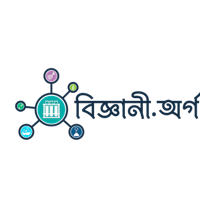
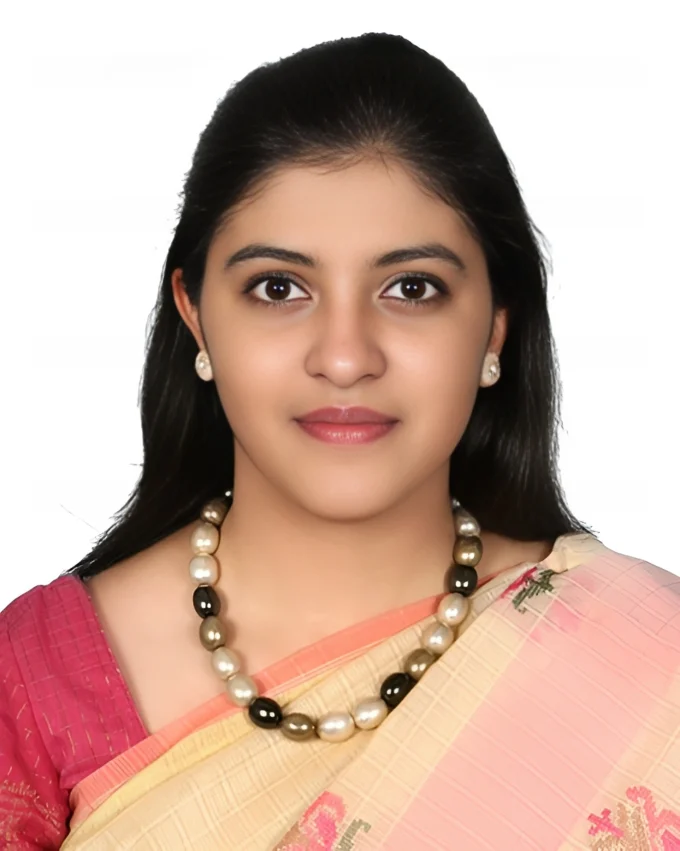


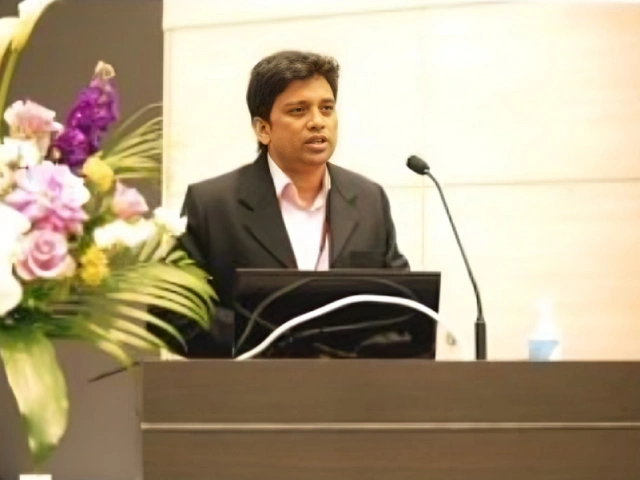

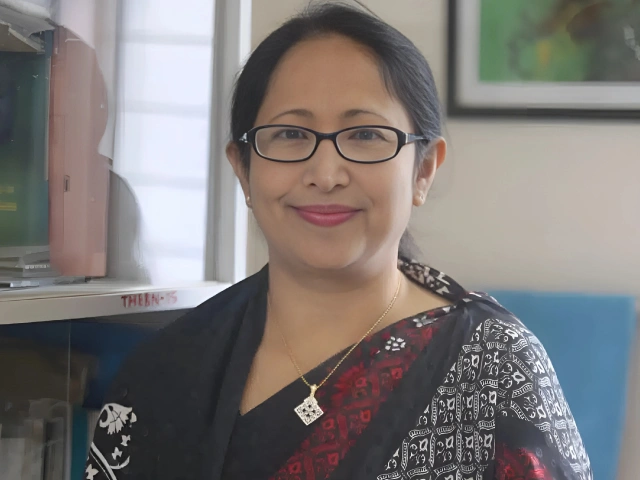




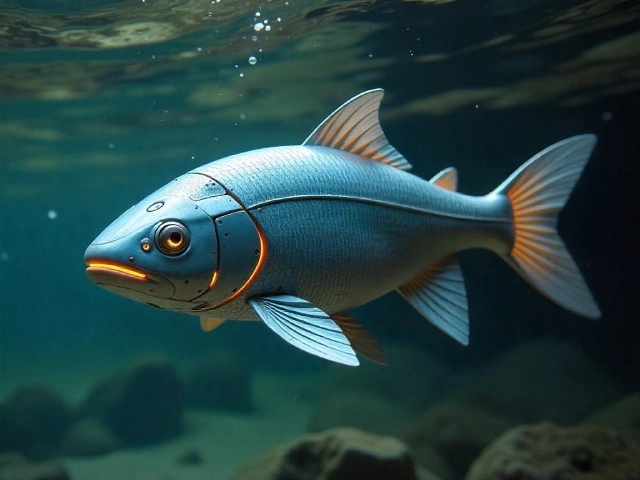












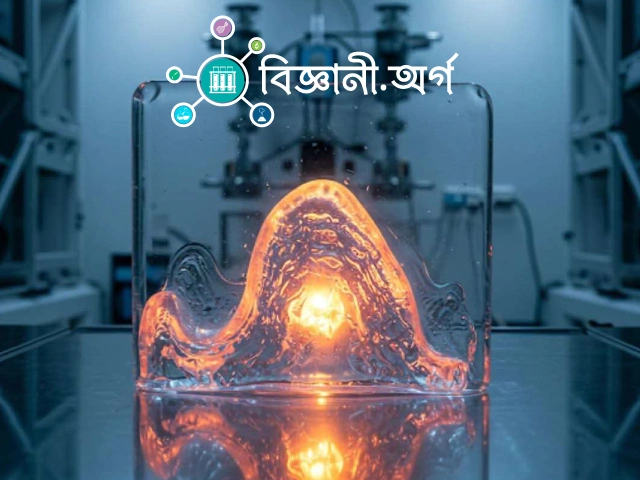





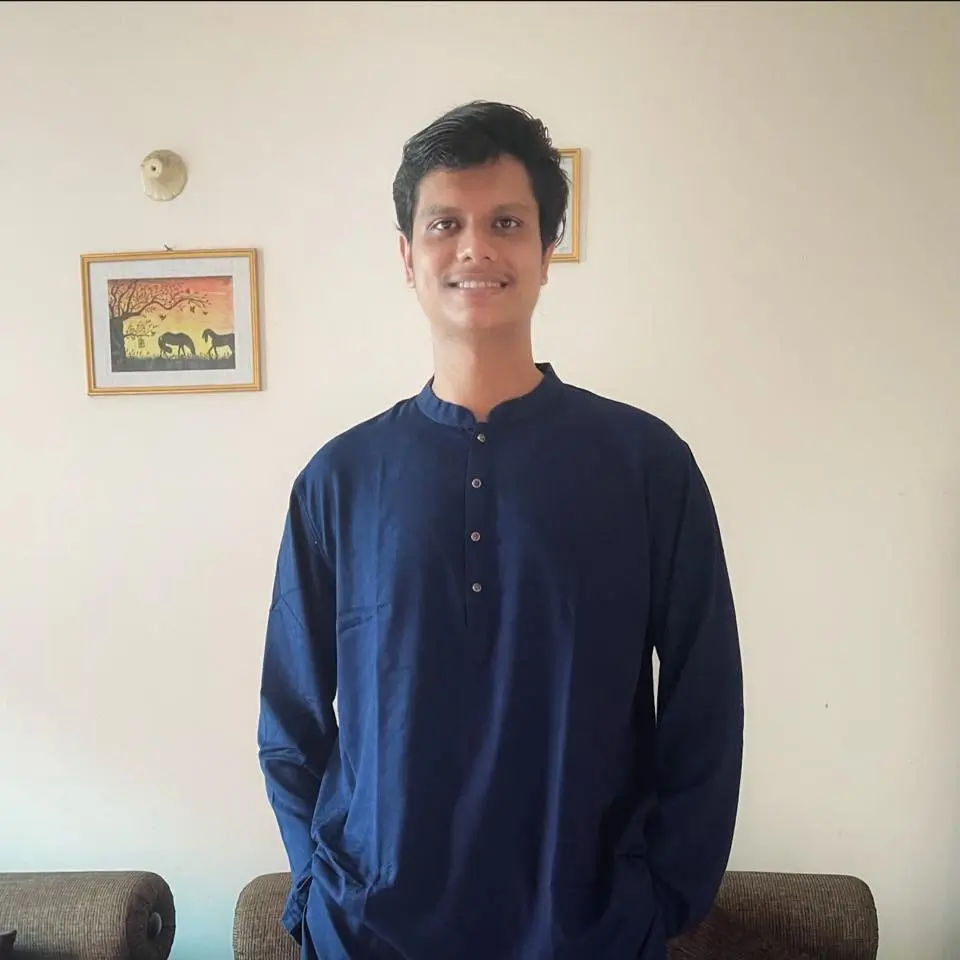
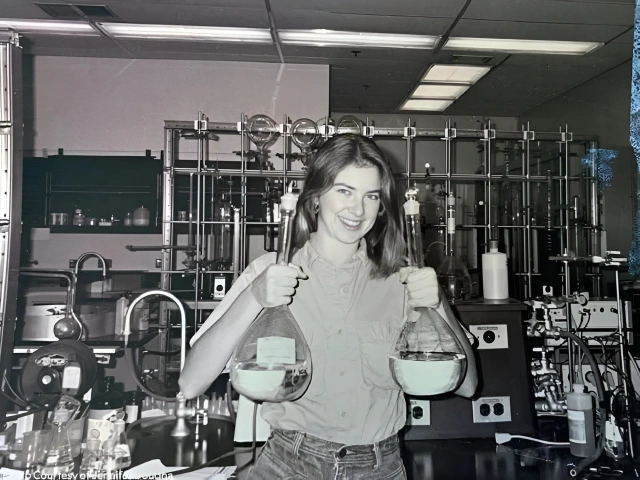



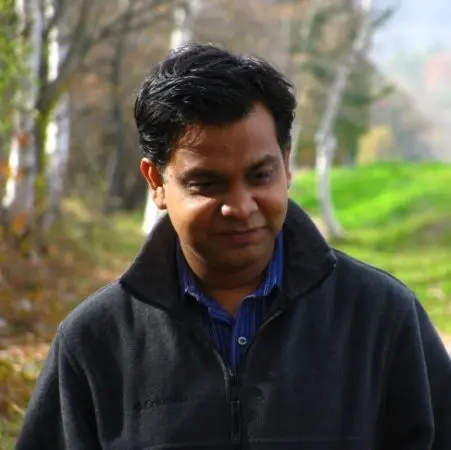







Leave a comment